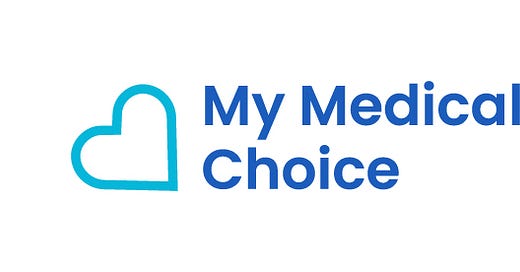Interview with Nicola Smith from the patient advocacy service My Medical Choice
Medical malpractice is a widespread issue. Patient advocacy services are desperately needed to protect people from those who swore to 'do no harm'.
The so-called COVID-19 pandemic brought up numerous ethical issues. Governments and healthcare providers treated us like animals with no rights at all, not even to know how or why we are treated in hospitals. Informed consent was completely dismissed. This isn't a new thing because medical malpractice is a leading cause of death, but with COVID-19, the …
Keep reading with a 7-day free trial
Subscribe to genuineprospect to keep reading this post and get 7 days of free access to the full post archives.



